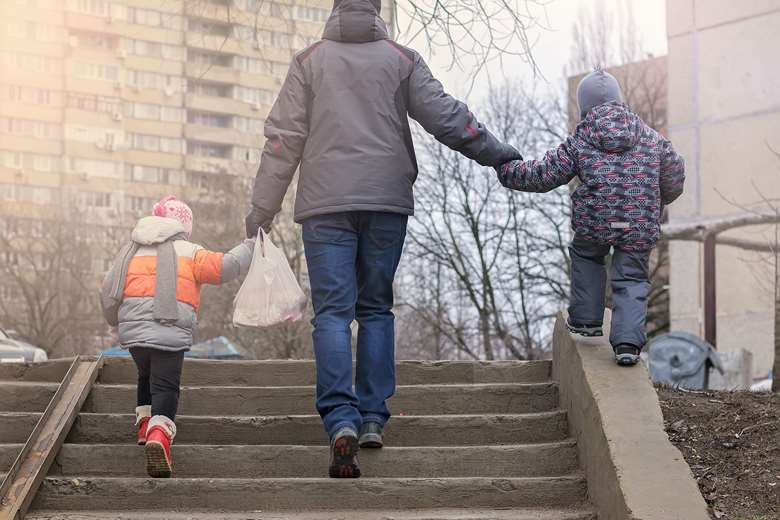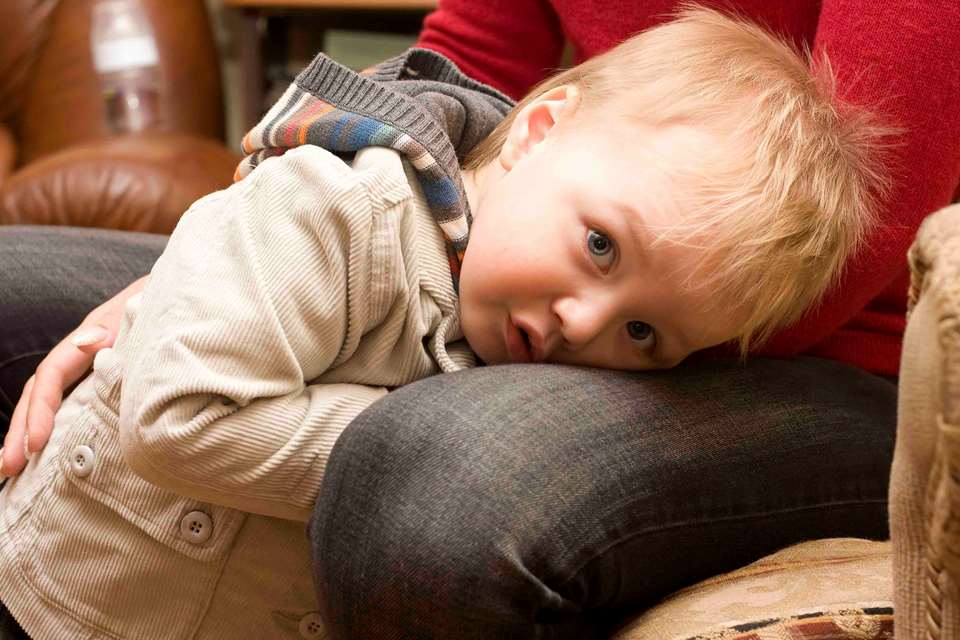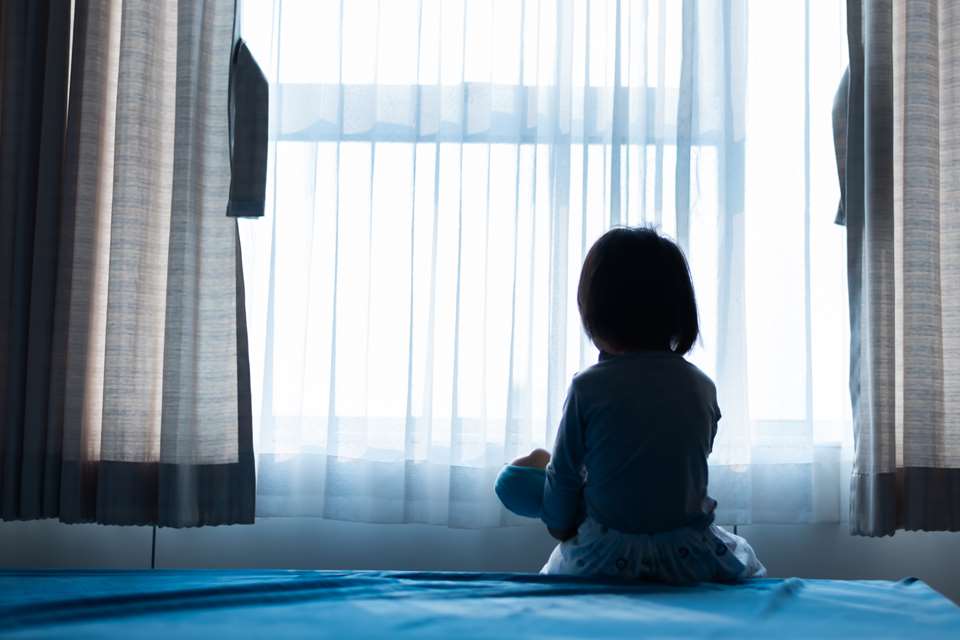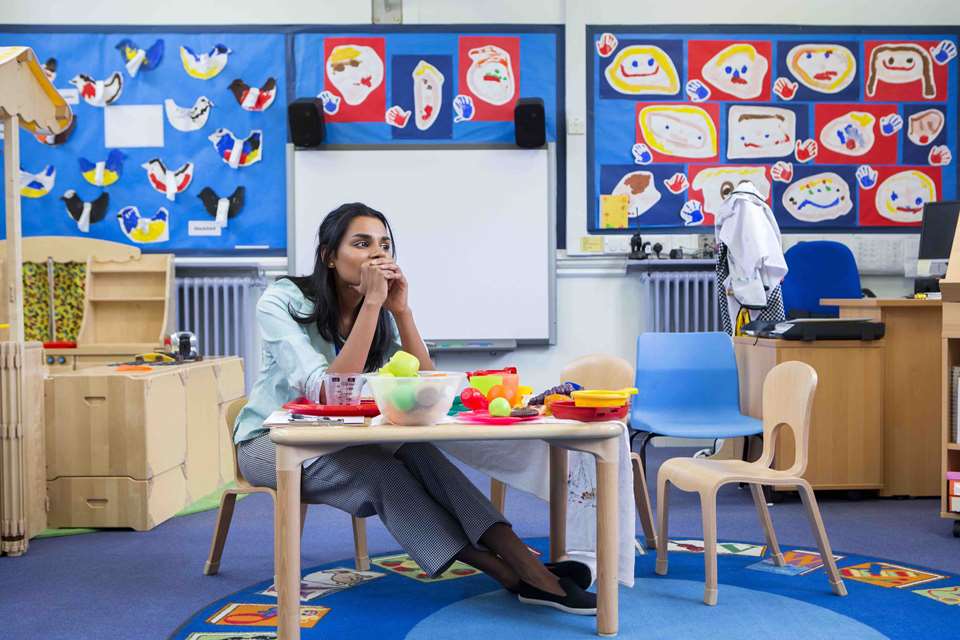Coronavirus has exacerbated problems for low-income families
Catherine Gaunt
Thursday, June 18, 2020
The problems faced by low-income families have been ‘magnified’ by the Covid-19 pandemic, according to research by the Child Poverty Action Group.

Research by the Child Poverty Action Group reveals that more support is needed for children and parents during current and future disruptions to school life, and that alternatives to free school meals are essential.
A survey of 3,600 parents and carers and 1,300 children and young people in England, Scotland and Wales was carried out by CPAG’s UK Cost of the School Day project, run in partnership with Children North East, during May.
The programme helps schools to identify and remove the financial barriers that prevent children in poverty from fully participating in school life.
The research looked at experiences of learning during lockdown, to understand how families – particularly those on low-incomes – were supported when the Covid-19 pandemic forced schools across the UK to close to the majority of pupils.
According to the findings, 40 per cent of low-income families said they were missing at least one essential resource to support their children's learning – one third of the families who are most worried about money have had to buy a laptop, tablet or other device.
Around a third of all families who responded said that they were enjoying learning at home, and these families were much less likely to report having money worries or lacking the resources they needed. Families who were worried about money were more likely to say they found it difficult to continue their children’s education at home.
Children and young people liked being able to communicate with their teachers online and also appreciated phone calls. Parents valued schools that provided personalised support.
When children can go back to school parents’ key concern is children's well-being. Emotional support for returning children was deemed by parents to be the most important factor. When asked how schools can help, one in in three raised this as a top priority.
Socio-economic status did not have a huge impact on parental views about returning to school, the report said. Regardless of income, the most important factor for many parents and carers was their schools providing emotional support to help pupils settle back in. Many were supportive of a gradual, phased approach with the main emphasis on social and emotional support.
Free school meals
Replacement of free school meals is greatly valued by parents and has been critical to helping families make ends meet.
Payments directly into parents' bank accounts are much more popular than a voucher scheme, with 81 per cent of families receiving direct payments saying it worked extremely or very well for them.
Most families said they preferred to receive support through direct payments as this method allowed flexibility, dignity, safety and convenience.
This compares with 60 per cent of families receiving vouchers that could be spent in more than one supermarket, 46 per cent of families having food delivered, and 36 per cent of families collecting food.
Schools are likely to find that pupils returning to school have experienced lockdown very differently over the last few months.
The low-income parents and carers responding to the survey were just as likely to be concerned with helping their children to continue learning through lockdown. However, they reported facing significantly more stress and worry around home learning and household finances than parents and carers in better-off homes.
Children are desperate to see their friends and families believe that schools have a vital role to play in helping children come to terms with the pandemic and the disruption it has caused to their childhoods.
Both parents and young people said they were concerned about the longer-term effects of increased social isolation and household stress.
'Prior to the current pandemic, children growing up in homes below the poverty line were already at a greater risk of poorer educational outcomes and wellbeing, as well as having increased barriers to engagement and participation in school life,' the report said.
'We know that certain groups of children face a much higher possibility of living in poverty than others, this includes children from black and minority ethnic communities, those in larger or lone parent families and children in families where someone is disabled. Our research shows that Covid-19 has served to magnify some of the factors that contribute to the negative outcomes associated with growing up in poverty.'
The report's key recommendations include:
Support with costs and resources
- Increase child benefit by £10 per child per week.
- Provide all children with the learning tools needed for the curriculum, at home or at school.
- Schools should be properly funded to remove barriers to learning.
- Information regarding financial support and entitlements must reach families.
Alternatives to free school meals
- Cash payments should replace the value of free school meals.
- The earnings threshold for eligibility for free school meals should be urgently reviewed.
Supporting pupil well-being
- Schools should maintain regular contact with pupils and families to support learning and well-being.
- Schools should implement 'poverty aware' approaches, policies and practices as pupils return.
Returning to school
- Children and young people want to spend time with their friends and teachers and feel 'normal' again.
- Families must be involved in planning for the return to school.









